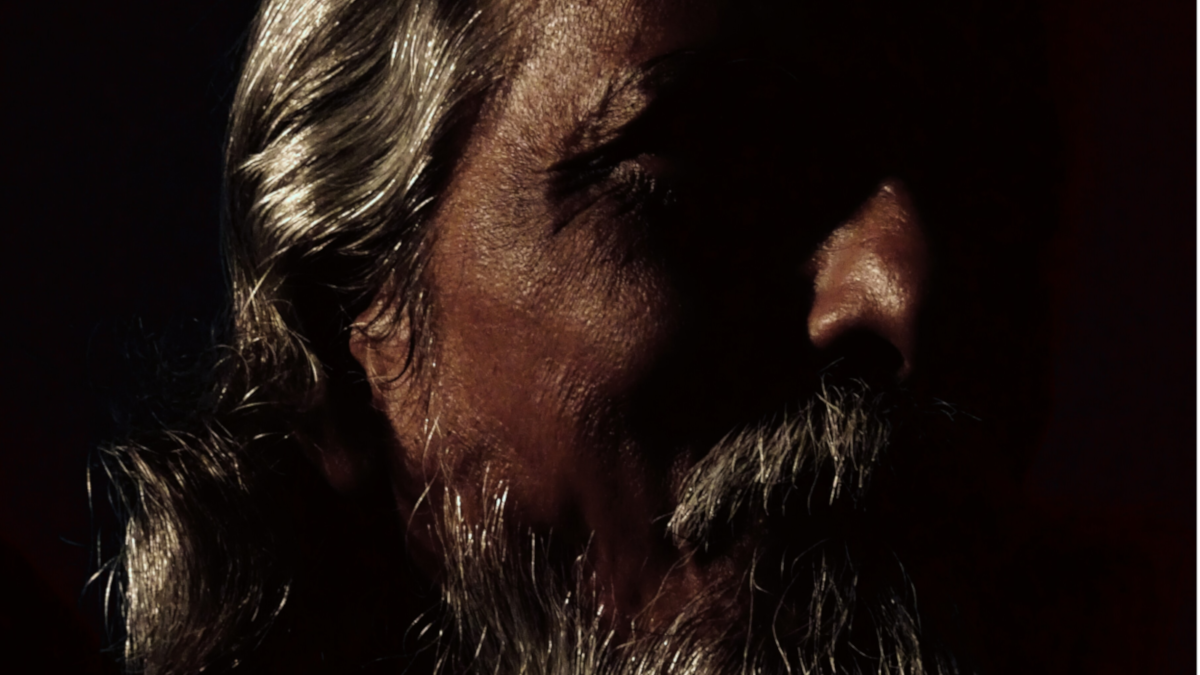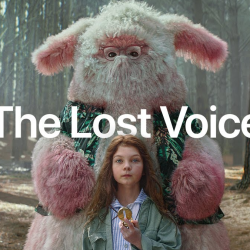Oscar Wilde said that with age comes wisdom, according to the internet.
Unfortunately I can’t find a source so this may be a ‘fauxtation’, that class of apocryphal aphorism that litters the web, often in meme form, attributed to an appropriate luminary. Apparently, Cicero wrote “there is nothing dearer to a man than wisdom, though age takes away all else, it undoubtedly brings us that”, which acknowledges there are trade-offs but a textual reference isn’t forthcoming for that either and it would have been in Latin so this is an interpretation at best. The surface level of the web can be somewhat loose-weaved.
It doesn’t matter, we don’t need witty authorities to tell us something obvious, of course age brings wisdom. Babies are not wise. They can’t speak, so there’s no point asking them anything. Children don’t know much and thus say ‘the funniest things’. Young adults, especially men, do risky things because the risk-reward parts of their brain don’t fully calibrate until the prefrontal cortex matures at 25. Accidents are the single biggest cause of death for men until the age of 45, so maybe cortex maturation takes longer for some of us.
We learn information as we age, stitch it together into knowledge and then, hopefully, mature enough to apply a moral framework that enables good judgment, and thus become wise/r. This all bodes well at a global level. We are living longer. Life expectancy soared up over the last decades, although it dropped a little recently in the USA and UK. We are older than we ever have been. Between 2015 and 2050, the proportion of the world’s population over 60 will double to 22% . Population ageing happens first in wealthier countries, so nearly 30% of Japan is over 60 and in Europe it is already 19%.
We’re getting smarter. Looking across generations over the last century there is a substantial and sustained increase in IQs (known as the Flynn Effect). We’re more educated and increasing our domains of knowledge. Since 2000, the number of people over 25 in the USA with a master’s degree has doubled to 21 million, while the number of PhD holders more than doubled to 4.5 million.
We have more information than we could ever consume available constantly at our fingertips, even if some of the quotes aren’t accurate. We seem ripe for a golden age of wisdom, a global digital Lyceum of civil, constructive discourse…but things are never simple, are they? The age of wisdom, as Dickens foretold, is also an age of foolishness. We all know adults who aren’t wise, or at least don’t seem to be, to us (and we, of course, are wise. If we were wrong, we’d change our minds, wouldn’t we? Stands to reason.)
Down the rabbit hole
One of the most obvious challenges, beyond the innumerable other factors, is that a glut of information creates second-order effects. One is that attention becomes a limiting factor — information consumes attention, as Nobel prize winning economist Herbert Simon pointed out. [Did you see the new Nobel prize winners! No, I’ve never heard of any of them either. Sorry, I got distracted]. Navigating infinity via hypertext and algorithm means that anything leads seamlessly to other things. Everything online is a rabbit hole, originally to help network information together into knowledge and now for the bottom line of the distraction / engagement machine. We need time to reflect to become wise from learning, as T.S. Eliot alluded to when he wrote “Where is the wisdom we have lost in knowledge? Where is the knowledge we have lost in information?” [Yes, he really wrote that, in a poem called The Rock.]
Living in a real-time culture creates social pressure to have insta-opinions because whatever is current has currency, for you and brands. These are formed too fast and pop out as hot-takes of insubstantial information and insipid insight, served hot inside stale memes, with limited nutritional value. It becomes hard to knit stable meanings together in the constant swirl of symbols so people end up believing any old nonsense that makes them feel good. The vibe is constantly shifting. This makes it harder to build brands, which are partially made of a network of stable meanings and partially powered by harnessing popular culture.
Brands responded by using ever smaller slivers of attention, because it asks less of the audience and because that’s what’s mostly available on digital channels. Clients and agencies have deepened their focus on distinctive assets because they enable faster communication recognition and provide fluency. Brands chase salience by attempting to ride the daily discourse, which has changed before they got the idea signed off, leaving them mostly looking like boomers using gifs [gifs are cringe now, y’know?].
The US senate and Supreme Court have never been older but the institutions have experienced precipitous declines in popular support because people increasingly doubt their wisdom. Despite the aging population, they don’t seem reflective of voters. The senate fails to enact popular policies and the court passes wildly unpopular judgements, as gauged against polling. Both seem dramatically misaligned with the will of the people, which seems odd for representative bodies. There is evidence that they are wise – news reports suggest their stock trading seems to significantly outperform the market, for example — but it’s hard to square that with the recent carnival of US politics. There is also a significant division in concern surrounding climate change between younger generations and those in power. Maybe the young people will grow out of it.
In Hinduism a human life goes through four stages known as ashramas. At the beginning, we are students because we aren’t wise. Then we become the householder, when we make money and have a family and generally adult. Then we begin a gradual withdrawal from material things and deepening of our spiritual practice. This is necessary to accept our inevitable physical deterioration with grace but is also crucially about passing on our wealth and power to the next generation so that they might flourish. In the final stage we renounce all worldly things and wander the earth as a sadhu, contemplating the mysteries of the universe, which is true wisdom. OK, so not every Hindu does this, but there is logic to the progression. One criticism levelled at the modern hyper-capitalist world from this point of view is that it is immature, stuck in the second phase of accumulation, unable to find deeper meaning or pass things on to the next generation. Just ancient wisdom, perhaps, but as a culture we haven’t carved out new roles or support systems for the ever increasing number of older people. A handful remain in power but the majority suffer ageism, especially at work and in popular culture. Industry gets by on smaller margins, or passing more profit to shareholders, by relying on younger, cheaper, labour, in contract employment, as priceless institutional knowledge bleeds out of corporations and the public sector. None of this seems particularly wise.
Aristotle apparently thought that knowing yourself was the beginning of all wisdom. (Sorry, but did he? The line is obviously lifted from the Oracle at Delphi… this is hard, maybe Socrates was right when he said the only true wisdom is knowing you know nothing… but then again, did he?) Perhaps it’s also important to know that we will, and should, change as we age. Have strong opinions held loosely and pay mind to the future beyond ourselves. Appreciate youth for its energy and enthusiasm, and age for its experience. Stop framing it as intergenerational conflict. Make sure everyone is taken care of, even if, especially if, some of us aren’t wise. After all, the ‘original’ form of the ‘Wilde’ quotation reminds us that “with age comes wisdom, but sometimes age comes alone.”
Featured image: Susmita Saha / Unsplash






























